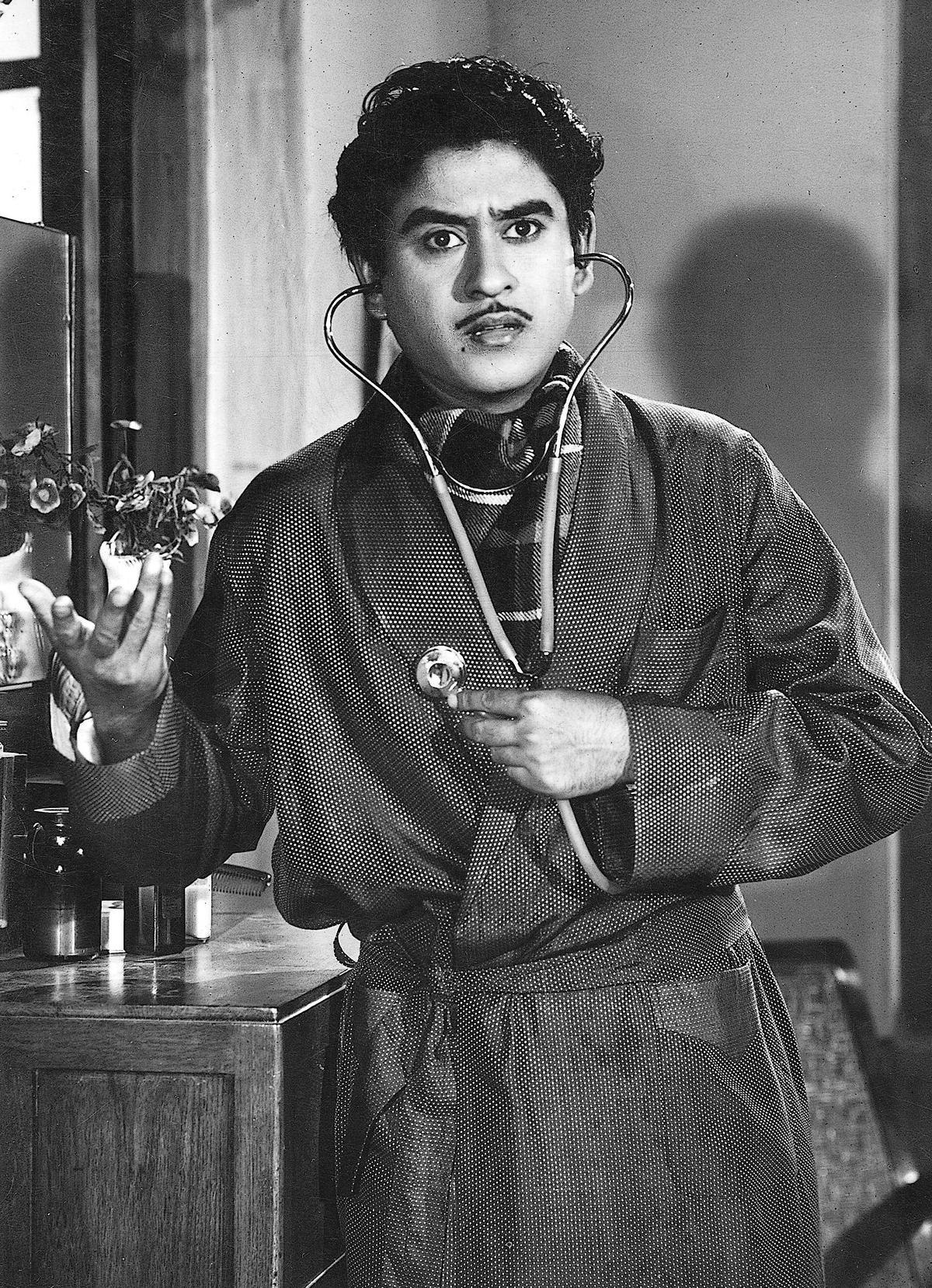
Hyderabad man suffers music-induced seizure while singing Kishore Kumar song
The Hindu
Diagnosed with musicogenic epilepsy; the songs would aggravate the pain of losing his wife as he associated those tracks with her, says doctor treating the 45-year-old
A 45-year-old man here was diagnosed with ‘musicogenic epilepsy’ after he lost consciousness while singing Kishore Kumar songs at a private gathering. Doctors treating him said that in this condition, epileptic seizures are triggered by music either while listening or singing.
At the gathering, the man had uneventfully crooned a few songs of other singers and on public demand, he started singing ‘Pal pal dil ke paas’, a popular Kishore Kumar song. A few minutes into the performance, he collapsed on stage. His pulse rate was 110 beats per minute and blood pressure was 160/100 mmHG. He was being shifted to a nearby hospital when he regained consciousness. Doctors performed ECG and echocardiogram, and found all reports to be normal. He was then referred to Apollo Hospitals for a neurological evaluation.
Speaking to The Hindu, senior consultant neurologist at Apollo Hospitals, Sudhir Kumar said, “When I requested the patient to narrate the entire incident, he said he was extremely happy while starting to sing, but towards the end, extreme fear and anxiety replaced his happy mood. His face, lips and hands twitched. He fainted and has no memory of what happened later. He mentioned that he has had experienced similar symptoms earlier as well, and only while singing Kishore Kumar songs.”
In the earlier instances, he would stop singing when the symptoms kicked in and within a few minutes, he would be normal again, the man told the doctor. “He lost his wife two years ago. She used to always accompany him during his performances. The emotional changes associated with singing had magnified since her passing. These songs would aggravate the pain of losing her, as he associated them with her. All the symptoms pointed towards musicogenic epilepsy,” added Dr.Sudhir Kumar.
The doctor performed an electroencephalogram (EEG) while the patient was singing and the results showed epileptic form of discharges from the right temporal lobe. When he discontinued singing, the EEG normalised. Discontinuing singing was not an option as he enjoyed it so the doctor prescribed him to take Anti-Epileptic Drugs an hour prior to his performance. He has remained asymptomatic in the past six months.
When one gets immersed in the lyrics of certain songs, it can trigger emotional response in the brain, pursued by a part called the limbic system. At times, these changes can also stimulate the temporal lobe which causes abnormal discharges, eventually leading to epileptic seizure. “This condition is not something unheard of. We have read about it and we see such cases once a year. Many a time people fail to realise it could be a neurological disease and pass it off as common fainting without reporting it,” added Dr Sudhir Kumar.













